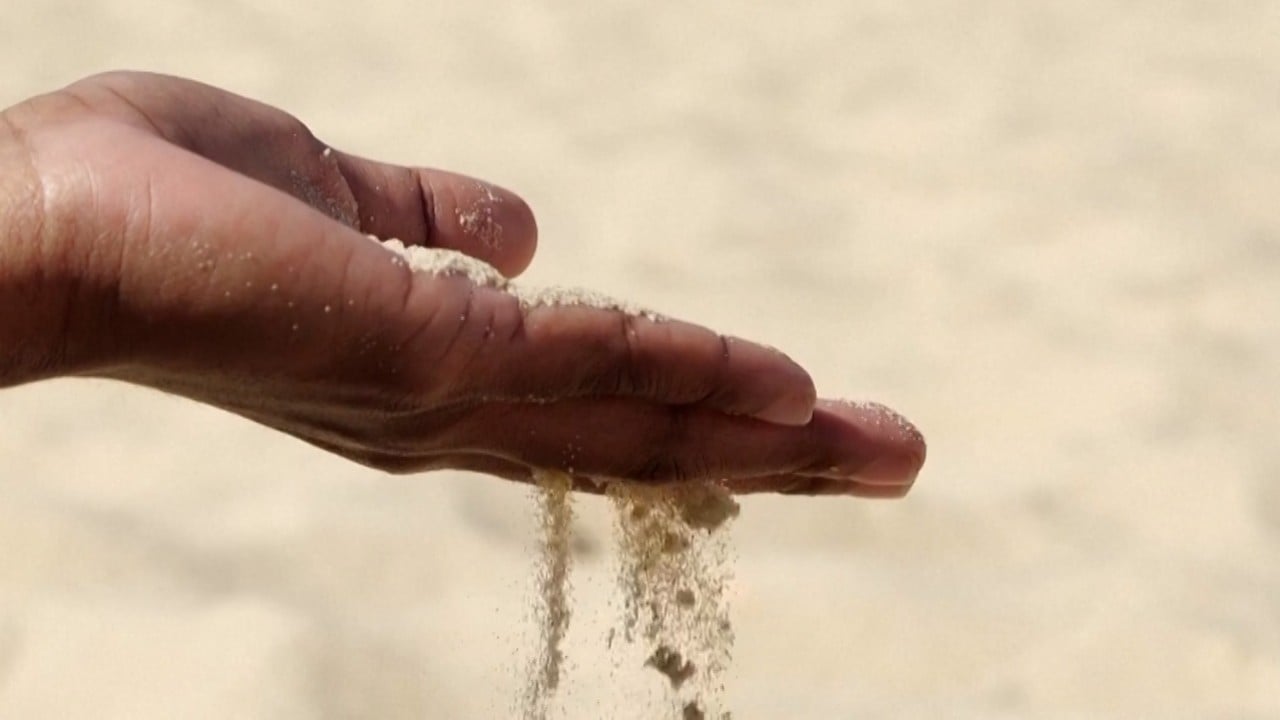
Swiss court challenge makes clear climate change is a women’s issue
- Women experience the greatest impacts of climate change, and these impacts exacerbate pre-existing gender inequalities which threaten their lives and health
- Despite their unique experiences and being at the forefront of climate action movements, women continue to be absent from climate decision-making processes
It is therefore important to understand that the issue of climate change is not “gender neutral” and is increasingly becoming a significant global feminist cause.
Women tend to depend more on natural resources yet have limited access to them. In many parts of the world, women and girls are responsible for gathering food, water and household energy sources such as firewood. The effects of climate change – which include extreme weather, droughts and famine – make their hardship worse as these women have to travel longer distances and spend more time searching for these resources.
We must remember that women are more likely than men to be engaged in, and earn a living from, natural resource-based or climate-vulnerable sectors such as livestock management, agriculture, disaster risk reduction, forestry and so on. Consequently, in times of drought or erratic rainfalls, women often see their economic prospects diminish and are forced to work hard to earn an income, thereby reducing the time they could otherwise spend on learning, working and earning.

Climate change and its associated disasters are also increasingly endangering women’s health as a result of their already-limited access to healthcare. A paper published last November in Scientific Reports noted a correlation between extreme heat and instances of stillbirth.
The threat of systematic violence, exploitation, child marriage and human trafficking also rises during extreme weather. For instance, the United Nations reported that the droughts in Uganda brought rising rates of domestic violence and sexual abuse. The floods in Pakistan and cyclones in Bangladesh brought not only maternal health crises but also increased violence towards women.

Thus, as the world continues to struggle with the onset of disasters, there is an urgent need for global actors to acknowledge that climate change is a feminist issue.
This will help ensure that the concerns of women are mainstreamed into the climate change agenda and that women from diverse sociocultural backgrounds are able to lead negotiations and participate in the design and implementation of climate action programmes.
Akanksha Khullar is a visiting fellow with the Observer Research Foundation, an independent global think tank based in Delhi, India. Her work focuses on gender security issues


